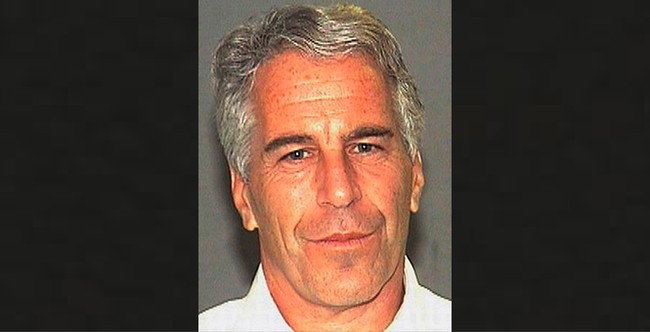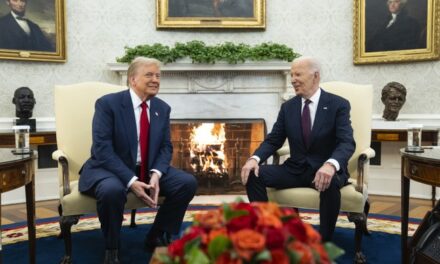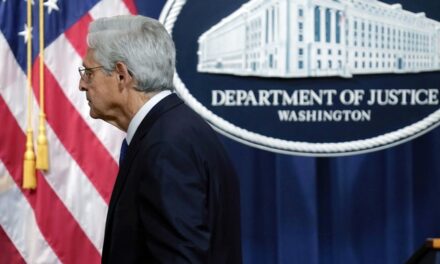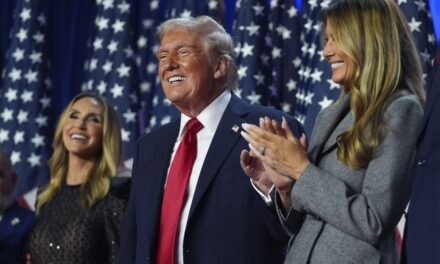We support our Publishers and Content Creators. You can view this story on their website by CLICKING HERE.

If ethics are entirely subjective, then any path chosen by a sentience will be no better or worse than another. Values would be orthogonal to outcomes in a universe that is indifferent to a choice of ends. We know the words: Anything goes. If it feels good, do it.
Advertisement
One of the first 20th-century inklings that this view might be false was the Fermi paradox. Enrico Fermi observed that, given the prevailing assumptions about the likelihood of life in the universe and the probable rate of technological evolution, the galaxy ought to be emblazoned with the signatures of advanced beings: electromagnetic signals, Dyson spheres, von Neumann probes, etc.
Where are they? There should have been Times Square, not the silence.
In the ensuing discussion, the notion was put forward of a Great Filter, some barrier that intelligences could not cross with technology alone. Nick Bostrom, in an interview, was asked how he would react to the discovery of life or historical life on Mars. Bostrom replied that he would not be too worried if the relics were of primitive life but seriously concerned if they were ruins of a civilization more advanced than ours. Primitive ruins implied that the Great Filter was behind us. But advanced ruins, like the discovery of derelict starships, meant it was still before us.
The realization that technology alone could not tell technology what to do struck strategists with massive force at the end of WW2. Oppenheimer, watching the fireball of the Trinity test flash over the New Mexico desert, later wrote: “I thought of a line from the Bhagavad Gita: Now I am become Death, the destroyer of worlds.” Modern means, unfettered by ends, could pose questions that were undecidable by science alone. One had to enlarge the axiom set from without to provide a tentative answer.
Advertisement
I had the privilege of studying for two years under Nobel Laureate Tom Schelling, one of the founders of the strategic concept of deterrence. Over and over the lesson was dinned in. In the nuclear age the only thing standing between man and destruction is choice. For the first time in history humanity was not constrained by capability but intent.
The Great Filter was a moral test, an ethical test. One choice was not as good as any other. Of course, it went without saying that the test was probabilistic. Making the right moral choice –being in alignment with God or whatever you wanted to call it – worked on average, not individually. There would still be Biblical Jobs, who were righteous but nonetheless came to grief. Yet if one were to bet, then the odds favored the civilization that made the right moral choice, which aligned with something out there, whatever it was.
But what is the right moral choice? What is out there? Answering that question has for millennia been the task of religion, history, and philosophy – both natural and traditional – whatever means of inquiry man could devise. But it was not an idle question, a fruitless interrogatory, or futile speculation, something modern atheists felt was beneath them. It is rather the most important question there is. Once we were seekers. Now we “know” the answers. Or do we? In T.S. Eliot’s eloquent way of asking it:
Advertisement
If you came this way,
Taking the route you would be likely to take
If you came at night like a broken king,
If you came by day not knowing what you came for
The moment of the rose and the moment of the yew-tree
Are of equal duration. A people without history
Is not redeemed from time, for history is a pattern
Of timeless moments. So, while the light fails
On a winter’s afternoon, in a secluded chapel
History is now and England.

 Conservative
Conservative  Search
Search Trending
Trending Current News
Current News 







